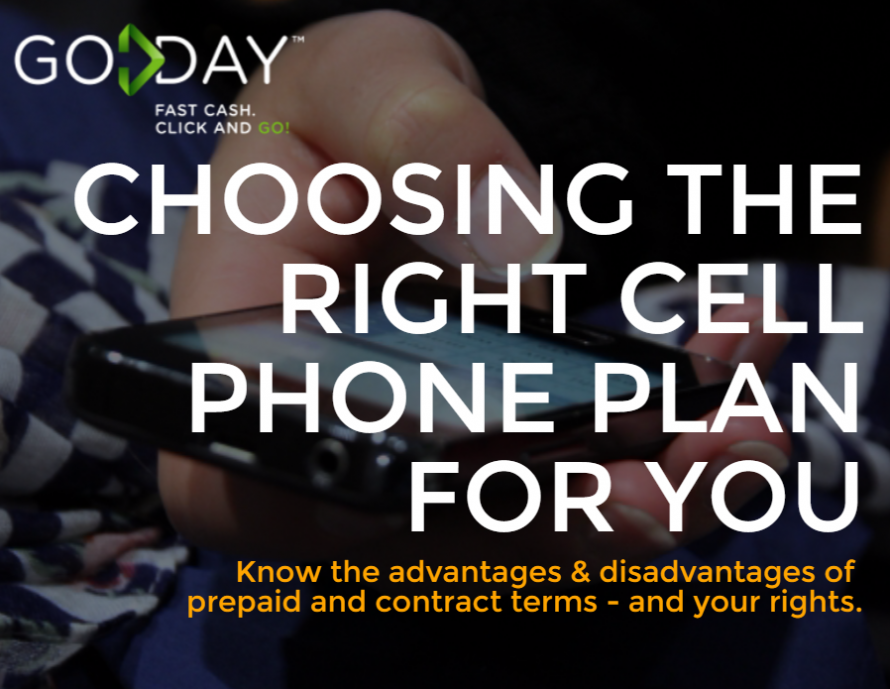We have it pretty great in Canada – public health care, a claim on the largest in-land bodies of water in the entire world, we’re the U.S.A’s largest trading partner…you get the point. But, we definitely have some things to complain about, and one of them is the cost of some of our most desired technology (we’re looking at you, internet & cell phone).
According to the 2013 OECD Communications Outlook ( a report that analyzed the state of telecom throughout 34 industrialized countries), Canadians pay some of the highest rates in the world. The bad news doesn’t stop there, either. We pay high rates for some of the worst service in the world, too. How bad? We ranked 32 out of 34 in general, but we were dead last for “wireless subscriptions per 100 inhabitants”. Ouch.
While we can’t do much to help change the telecom policy landscape in Canada, we can equip you with a detailed questionnaire to prepare you for your cell phone rate shopping. Remember that in Canada, we only have three big telecom companies (Rogers Communications™, Bell Canada™ & Telus Mobility™). Every other cell phone company that exists is either a subsidiary of those three, or they pay rates to use their towers for service (which then get passed along to you, dear consumer).
Check out our list below to get you started & also make sure to check out the Ministry of Consumer Service’s website on smart cell phone shopping to know your rights!
Handset Shopping
When shopping for your ideal phone hardware, it’s important to consider the following core features:
1. How sturdy is the phone? Can it handle being dropped on it’s side and, most importantly, on it’s face? Can it handle being stepped on?
2. Is the keyboard (whether manual or digital) easy for you to use? Spacing is an important feature for any keyboard.
3. Do you want a big screen for your device?
4. What battery life requirements do you want?
5. What’s the warrenty on the device (both for in-store exchange, with your provider and with the handset manufacturer – these are all very important to know).
Minute Requirements
How many calls do you plan on making per day?
How long will each call be? Will they be a few minutes each time, or longer conversations? A safe guess, according to Industry Canada, is between 300-600 day time minutes per month.
Do you need more daytime minutes than evening minutes? (very important if not planning on a term contract).
Do you want unlimited local evening and weekend minutes?
Do you want unlimited long distance evening and weekend minutes?
Do you need long distance minutes for your day time calls?
Other Requirements
Will you want to use the internet on your phone?
Will you use it to send and recieve pictures?
Will you use it to send and receive video?
Will you use it to download music and video?
Do you want to text? How often?
Do you want caller identification features?
Do you want voicemail? If so, how large of an inbox do you want? How long do you want to be able to save your voicemail messages for?
No Contract Cell Services
The Pros
Get a cheap and simple phone with no other commitments.
Drop your provider or swap your phone whenever you want without any penalty.
No credit check required.
Be in absolute control of how much you spend and when.
The Cons
It’s a general rule of thumb that by using prepaid cards for your services, you’ll end up paying more per minute and per GB than on a contract plan.
All prepaid cards have expiry dates. Some companies don’t allow you to “roll over” your remaining minutes, so if you don’t use them, you lose them.
Some prepaid plans require you to keep “topping up” (adding more minutes) within a time frame so you don’t lose your service.
You can’t put your phone hardware cost “on a tab”. You will have to pay for it in full right away.
Depending on the provider, the phone you want might not be available at a prepaid price.
Contract Cell Services
The Pros
Cost of services is generally lower than prepaid as they are “bundled”.
Depending on the provider, you might not have to pay a single cent for your phone at the beginning.
Depending on the provider, you can switch between available plans without any penalty.
You might get other perks from the company for being a contract customer.
The Cons
You might be “locked in” to your contract for 2-3 years. This can mean different things with different providers, but generally it means you will pay some kind of penalty to break your contract before it’s naturally due. You might also not be allowed to change the terms of your service at all within the duration.
You might not be allowed to change your phone as often as you might want.
Your phone won’t stop working if you go over your plan minutes or data or texting package, so you can’t control your bill amount as easily as you could with a prepaid plan.




